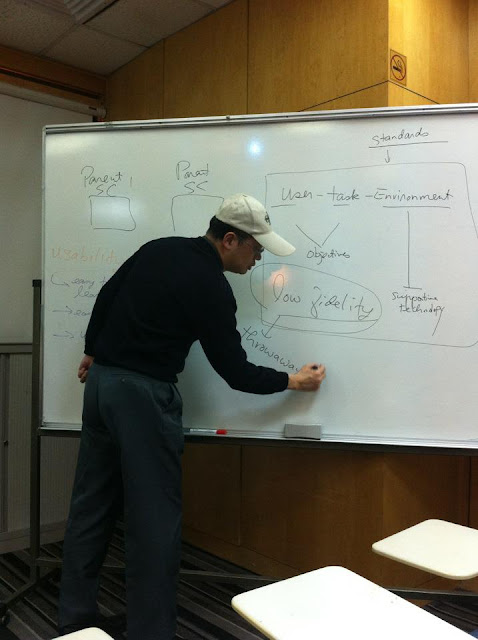Professional ethics as related to accounting
My brief searching identify the following Internet resources as related to professional ethics as related to accounting : On accounting ethics: http://en.wikipedia.org/wiki/Accounting_ethics Professional ethical codes for accountants (pdf): http://app1.hkicpa.org.hk/ebook/HKSA_Members_Handbook_Master/volumeI/COE.pdf Importance of ethics to accountants: http://ezinearticles.com/?Are-Ethics-Important-For-Professional-Accountants?&id=516791 Why are ethics important to accountants: http://www.ehow.com/about_6602027_ethics-important-field-accounting_.html On integrity for accountants: http://findarticles.com/p/articles/mi_m0ICC/is_4_72/ai_109580301/ References On professional ethics: http://en.wikipedia.org/wiki/Professional_ethics Hartman, L.P. and Desjardins, J. (2008) "Chapter 10: Ethical Decision Making: Corporate Governance, Accounting and Finance" Business Ethics , McGraw Hill (also refer to: http://josephho33.blogspot.com/2012/04/business-ethics-as
